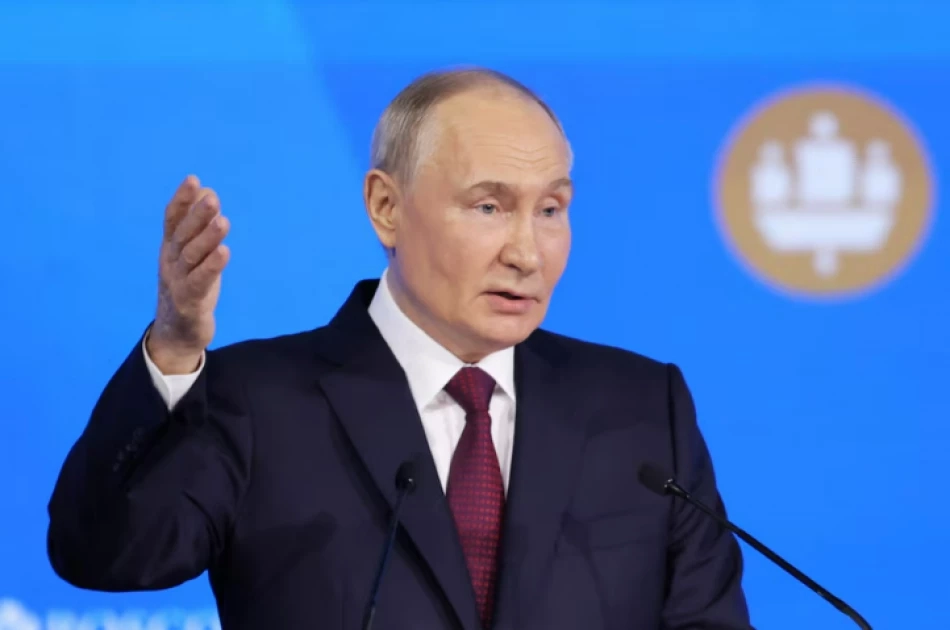More than 200 prominent Kremlin critics, including former Russian political prisoners, have publicly condemned Switzerland’s recent hosting of a high-level Russian parliamentary delegation, calling the move a dangerous sign of Western complacency amid the ongoing war in Ukraine.
In an open letter signed by figures such as Vladimir Kara-Murza, Oleg Orlov, and Ilya Yashin, the critics slammed Switzerland for allowing senior Russian officials—under international sanctions—to attend a Geneva-based summit of the Inter-Parliamentary Union (IPU). Among the delegates were Valentina Matvienko, speaker of Russia’s upper house, Pyotr Tolstoi, deputy speaker of the lower house, and Leonid Slutsky, head of the foreign affairs committee—all of whom are sanctioned by the EU and other international bodies.
The letter denounced the presence of what it described as “war criminals” in Geneva, asserting that their participation lends legitimacy to Vladimir Putin’s regime at a time when Russia continues its military aggression against Ukraine. The delegation’s arrival marked one of the most high-profile visits by Russian lawmakers to Europe since the February 2022 invasion.
“While Geneva hosts Matvienko, Tolstoi, and Slutsky, Russian troops continue to launch missile strikes on Ukrainian cities. Civilians, children, and women are dying,” the letter stated.
The critics further accused Italy of enabling the visit by permitting the delegation’s aircraft to fly over its airspace. Navalny’s team labeled the visit a “disgusting creeping lifting of sanctions” and warned that Western resolve to isolate Putin’s regime could be undermined if such diplomatic gestures continue.
Ukrainian officials echoed the outrage. Olena Kondratiuk, deputy speaker of Ukraine’s parliament, questioned why representatives of an aggressor state were allowed to participate in an international forum, despite widespread condemnation from organizations such as the UN and the IPU itself.
In response, Swiss authorities defended their decision, citing international agreements that allow sanctioned individuals to travel for multilateral diplomatic events. A spokesman for the Swiss foreign ministry emphasized that Switzerland, as a host state, must facilitate the work of international organizations based in Geneva.
Still, human rights advocates and opposition leaders warned that such moves risk emboldening the Kremlin and eroding international efforts to hold Russia accountable.
“Now is not the time to show weakness to the Kremlin and allow accomplices to war to be welcomed in democratic countries,” said Olga Prokopieva, head of the Paris-based Russie-Libertés.
As diplomatic tensions continue to unfold, critics of Putin’s regime are urging Western nations to remain steadfast in their sanctions and to deny international platforms to those complicit in Russia’s war against Ukraine.




